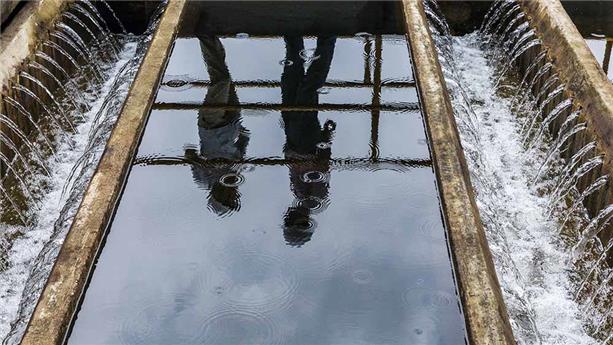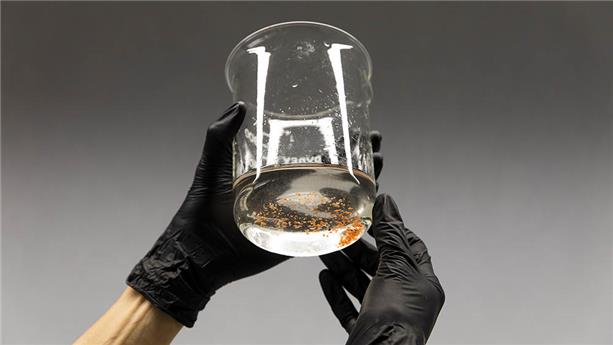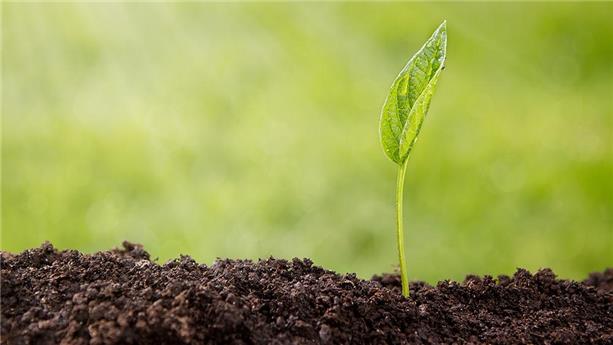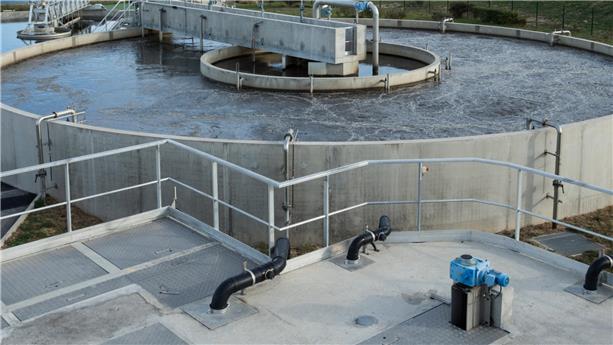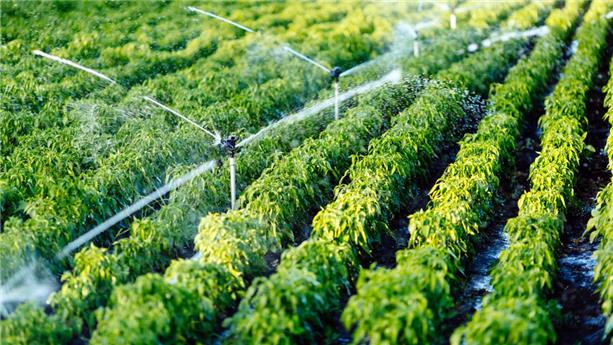
Phosphorus recovery via struvite precipitation
Phosphorus is a limited resource and at the same time as it is essential to human life and food production (agriculture). Therefore, the recovery of Phosphorus from sewage sludge has a strong focus globally.
Learn more


